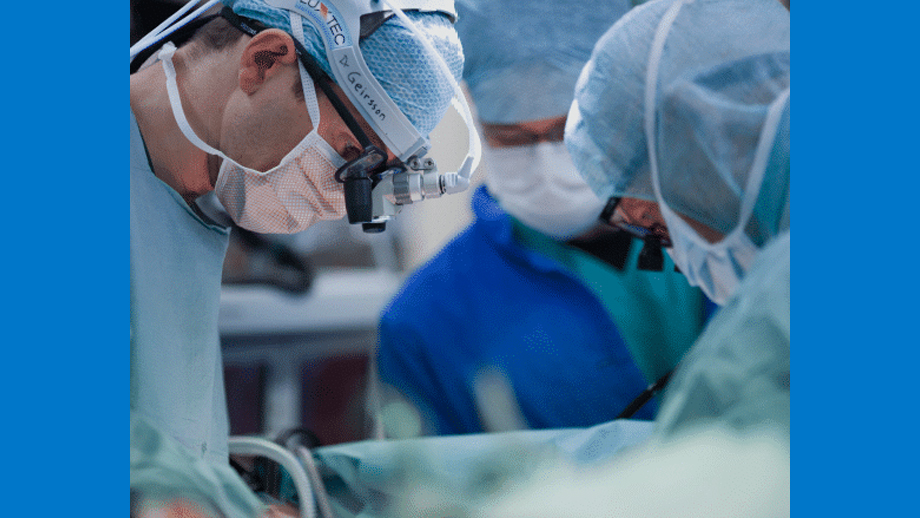Cardiac surgeon, Arnar Geirsson, MD, FACS, FAHA, is an expert in the robotic approach to mitral repair. We talked to him about why he’s passionate about robotic surgery and how he views robotic heart surgery now and in the future.
As a heart surgeon, what prompted you to get into robotic surgery? Were you always interested in it?
I was always interested early on after I entered my training, but I didn't rush to it for various reasons. I actually had been an independent surgeon for 10 years before I did robotic mitrals, because I really wanted to do it safely and ensure that we did a good job. So, it took us a while to develop it.
I think it really is one of the mechanisms to try to push the envelope in surgery. And this is also really becoming a way to move things forward. The technology has advanced significantly over the last 10 years and there are more devices coming, new different robots coming up in general surgery and neurology. Generally, patients want less invasive surgery; and it’s a way to offer an alternative to transcatheter therapies.
You were central in developing mitral valve robotic repair, how does creating a new procedure like that work?
When we did this initially, we prepared a lot by how we set the program up. We were careful in how we selected patients initially. We developed a dedicated team for doing these procedures. And then the techniques that we used to repair the valve were very similar to how we did it open. It’s a little bit of a different way of doing it, but the true concept of repairing the valve is the same, basically.
Is robotic heart repair a newer method than other surgical robotic repairs? Generally, it seems less popular.
It's actually not. People started doing robotic mitral valve repair over 20 years ago, but it was not until the last five to 10 years that it's really taken off, and large centers have really started to offer it as a therapy. Some of the newest generations of technology, the Da Vinci robot, are better to do this, and it makes the operation easier to do.
The other ones were a little bit clunky and there were conflicts with the arms, now it's easier. There is some collective development of different techniques that allow it to be easier to do in general. And there's more enthusiasm for this in general for young surgeons and surgeons in training too. I think that it's going to grow. There's a lot of enthusiasm in the cardiac surgery societies to really do more of these.
You know, initially, when robotics were coming through, robotic cardiac surgeries were really at the forefront. Everybody thought that every cardiac operation was going to be done with a robot. It didn't turn out that way. There were some technical limitations based on that first generation's robot, and eventually, it was urology, OB/GYN surgery, and pelvic surgery that took over. And now it's coming back to cardiac surgery and other specialties.
Since you do mitral surgical repair in all the ways available, do you have days where you prefer to do an open procedure or a robotic procedure? Use your hands in one way or the other.
I really enjoy both. I like to do it all, and have a mix. It’s great to have that 50/50 balance.
How do you see robotic surgery advancing in the next ten years?
I think there will be more of it. I certainly feel the enthusiasm in young surgeons and trainees, especially the trainees who go through traditional pathways, to get a lot of exposure to robotics in general surgery. Even people who train for cardiothoracic are enthusiastic to get a lot of training on robots. So, there's overall enthusiasm in the surgical community that uses robots.
Also, patients are asking for this. If we can demonstrate that we do this as safely and as well with the robot—which I do believe is the case—there's no reason why we shouldn't be offering it. To me, there's only a net good that can come from a multitude of options for someone.
Sign up for our mailing list for more health news and information from Columbia.

